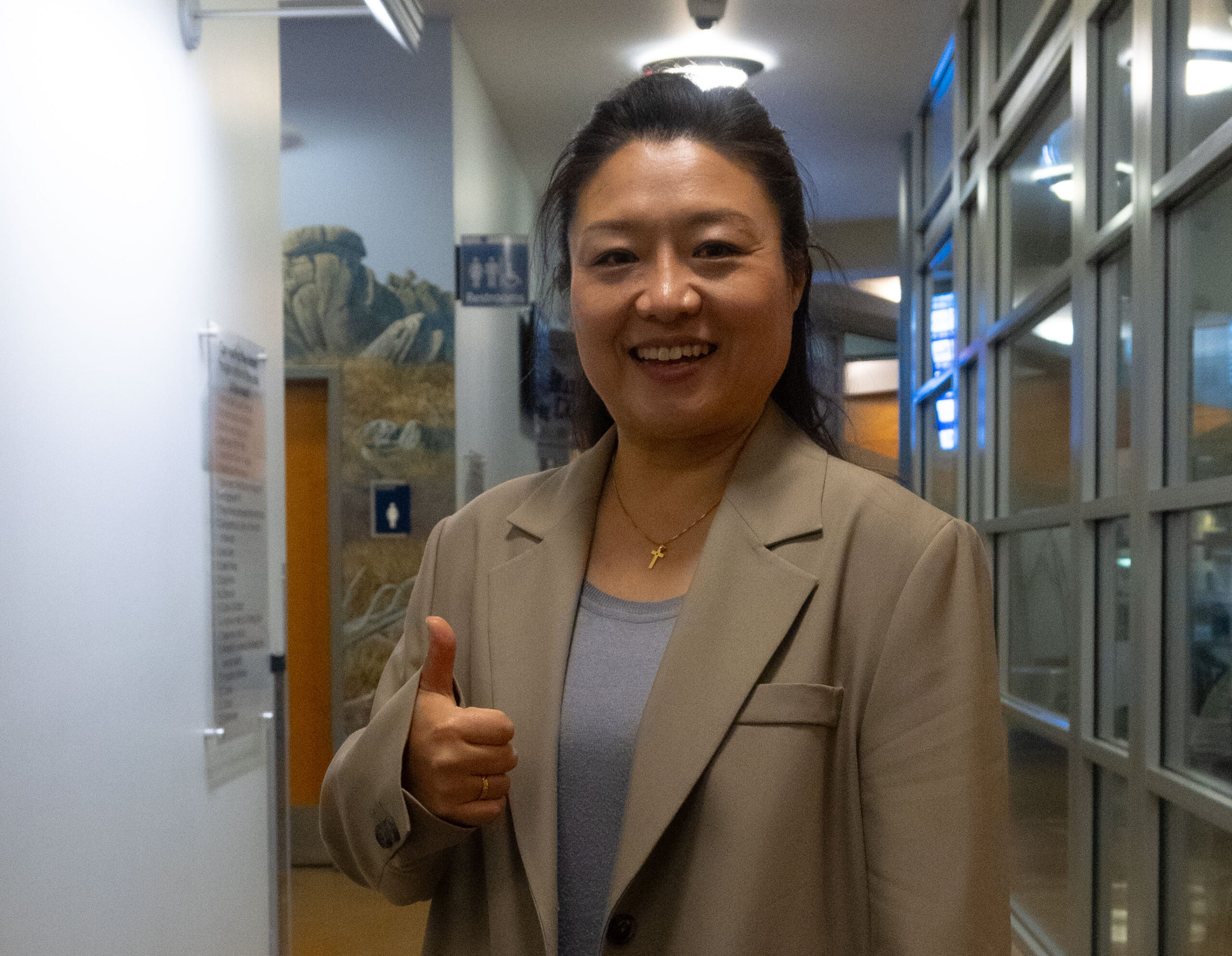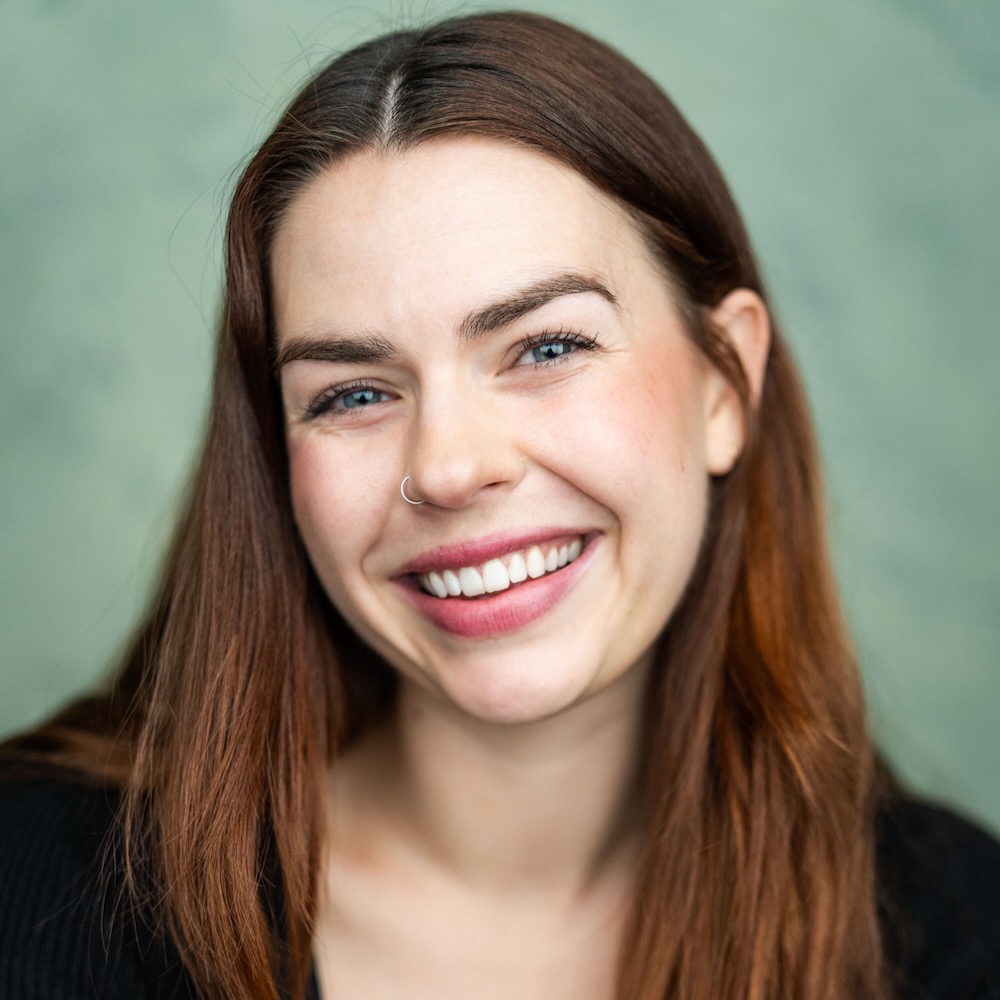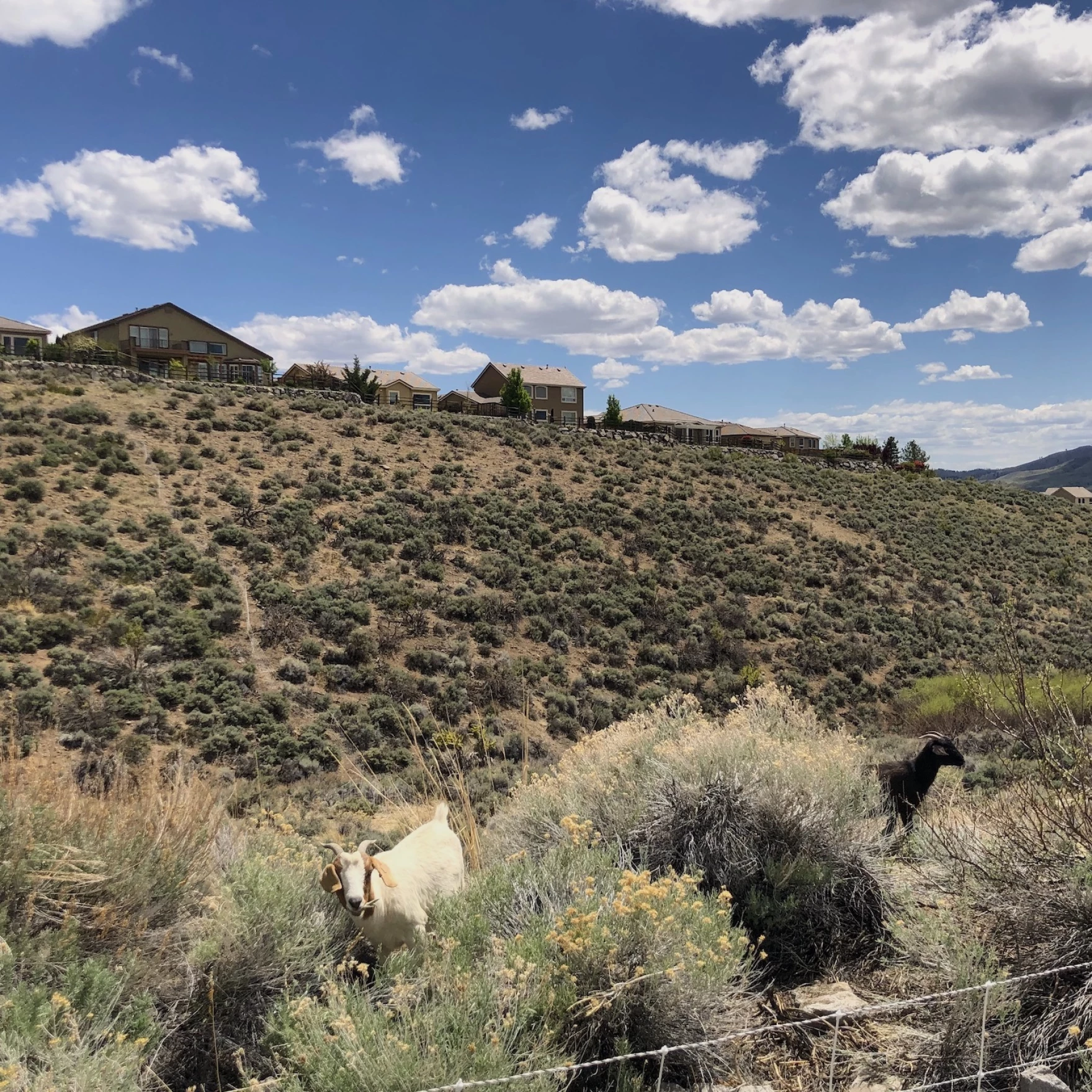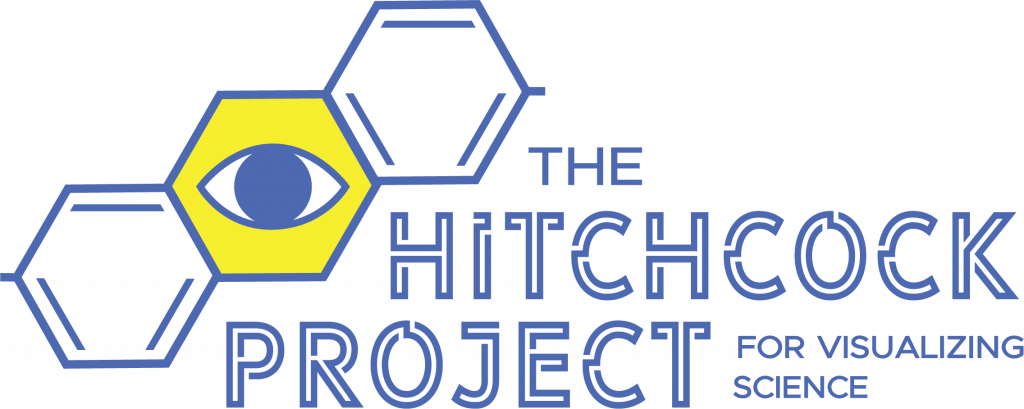In 2008, Dr. Suyeon Yi made history as the first Korean to travel to space, becoming one of only three women in the world to be the first person from their country to achieve this feat. Her journey serves as a symbol of inspiration and determination for aspiring astronauts worldwide.
Her path to space was not without challenges, which she describes as “headaches.” Despite these obstacles, her unwavering determination led her to become part of Korea’s first national astronaut program.
In September, the Hitchcock Project had the privilege of interviewing Dr. Yi. Our meeting was made possible as part of an event organized by the Ozmen Center for Entrepreneurship, the College of Business, and the new Aerospace and Defense Academy, all from the University of Nevada, Reno (UNR). In the interview below, she shares her reflections on her journey to space and the invaluable relationships she forged along the way.
HP: What does it mean to you as a Korean and a woman to be the first from your country to travel to space?
Yi: Actually, when I was selected as the final candidate, there were two of us—me and another man. We both underwent training together. Originally, I was designated as the backup, but right before the launch, I was moved to the primary position. This surprised many people, not just Koreans but also others, as they expected the male candidate to be chosen.
Korea, like many Asian countries, is traditionally male-dominated, so it was a huge honor for me to be selected as the first Korean woman in this role. However, I also felt quite stressed, realizing that many people were watching me—not to praise me, but to criticize me and point out any mistakes I made. I could feel their eyes on me, ready to find fault. Despite this pressure, I was determined to be a source of pride for women in any field. Korean society is slowly changing, but it is still very difficult for many women.
Many of my friends, especially women, were thrilled about my journey. They even joked that if Korea were to have a second astronaut, he might be called the “first male astronaut”—since most countries have a “first astronaut” and a “first female astronaut.” In our case, we could have a “first astronaut” and a “first male astronaut,” which I found to be a great honor.
HP: Women are underrepresented in STEM fields. Do you have any advice for women and students interested in pursuing careers in these areas?
Yi: It’s really, really hard, but we should try to forget about gender while also remembering it at the same time. It sounds ironic, but what I mean is that whenever we try not to think about gender, we end up being locked into it. People might wonder, “Am I being treated differently because I’m male or female?” But most of the time, it’s not the case—especially in STEM fields, which are quite fair because we deal with numbers, evidence, and logical decision-making.
However, we should also appreciate the strengths that come with our gender. While every individual is different, we can’t deny there are trends. For example, many men are generally stronger and more focused on single tasks, while many women excel at multitasking, planning, and attention to detail. Of course, these are general trends, and there are always exceptions.
The point is, great things can’t be achieved by just one gender. We need to collaborate, combining our strengths. That’s the most important thing—to both remember and forget gender at the same time. It’s a tricky balance, but you get what I mean, right?
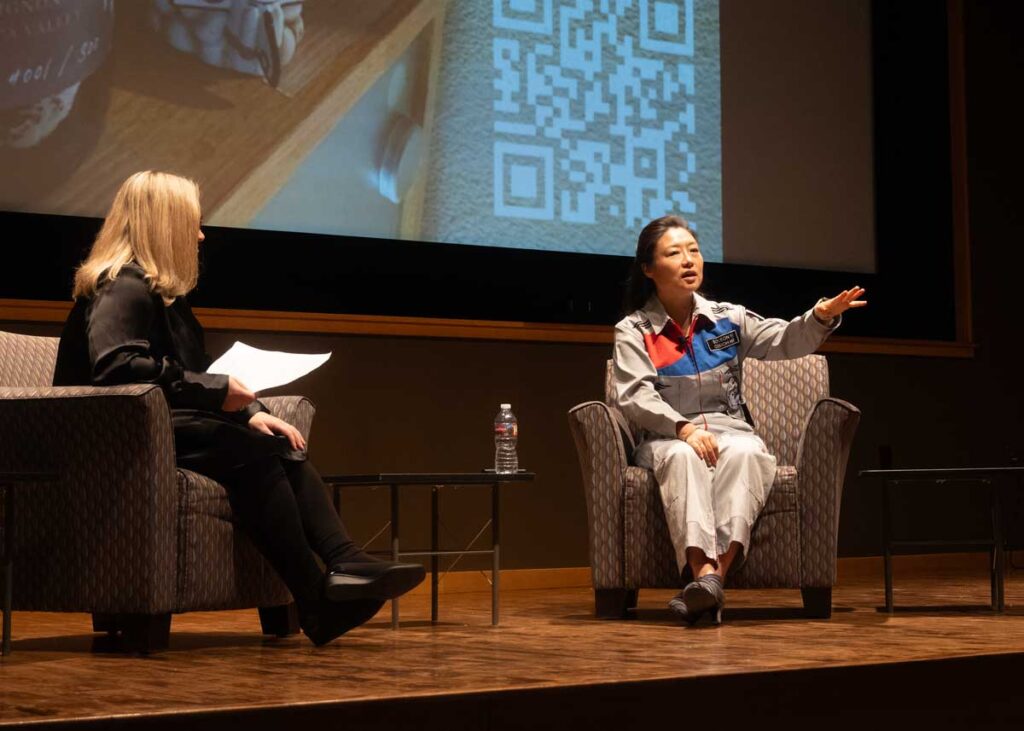
HP: Did you always know you wanted to be an astronaut?
Yi: I want to emphasize that I’ve faced similar challenges that every student experiences when thinking about their career. When you finish high school, there’s a huge headache—should I go to college or not? What department should I choose? What major should I pursue? It’s like walking in the dark. Even after picking a major, you have no idea what it truly involves.
Many students believe that I have my career all figured out because of my achievements. But the truth is, I still have doubts and headaches about my career path. After completing my undergrad and master’s, I still wasn’t certain. During my PhD, I considered quitting almost every day. I kept questioning whether I was smart enough to finish. It was a constant struggle to figure out the best path for my future career. Even after completing my PhD, I faced another major decision when I was selected for astronaut training. Should I continue with my PhD or focus on the astronaut program? It was a tough choice.
Even after my astronaut career, I faced another challenge. In countries like the U.S., Russia, Japan, and China, astronauts have continuous missions and programs. But in Korea, I was part of the first—and only—astronaut mission. That meant there was no follow-up mission or long-term human spaceflight program. I had to think, “What should I do next?” I didn’t want to just be an employee at the space agency without any ongoing projects. So, even now, I constantly question and reevaluate my career path.
HP: What are you doing right now, and how has being an astronaut shaped that?
Yi: I consider myself an entrepreneur, working with several startups, but I still sometimes wonder what my next transition will be. I think this is natural—if you feel challenged and uncertain, it means you’re thinking deeply about your life and career. On the other hand, if you’re overconfident, maybe you’re missing something important.
So, this is what I’m doing right now—thinking about my next steps and what would be the best fit for me. I believe we keep questioning ourselves throughout our lives, and that’s okay.
HP: Do you have any hopes for the Korean space program?
Yi: Yes, I really hope we’ll have another astronaut and that Korea will develop another human spaceflight program. I feel quite alone in this experience—I need a colleague, someone to share this journey with and to pass on knowledge to. Hopefully, they’ll continue the program. But in many countries, there isn’t a continuous national space program. The gap between the first and second astronaut can take a long time to bridge.
For smaller countries that have only had one astronaut, it’s harder to get a second one, not just due to the country itself but also because of political and policy-related challenges. Despite that, I’m still hopeful and would love to help, contribute, and transfer my knowledge to support future astronauts and the space program.
HP: Let’s jump back to the year 2008, when you went to space. What was that like? Is there a feeling or experience that you’ll always remember?
Yi: I still vividly remember the incredible support I received, not only from my Russian colleagues but also from my Korean colleagues. Of course, going to space and experiencing microgravity as the first astronaut from my country was wonderful, but what was even more amazing was realizing that I couldn’t have done it alone. It took the efforts of thousands of Russian individuals working together to launch the Soyuz rocket, adapt the Soyuz capsule for a safe docking with the ISS, and then successfully undock.
I don’t know if you’re aware, but I had a significant accident on the way back, and many people were involved in the search for us and helping us. This wouldn’t have been possible without the warm-hearted, diligent work of all those individuals. I owe so much to the Russian team and their dedication—they became more than just colleagues; they felt like family.
Teamwork is crucial, especially in today’s scientific landscape, where no significant achievement can be accomplished alone.
About the Aerospace and Defense Academy by the Ozmen Center for Entrepreneurship at the University of Nevada, Reno
The Aerospace and Defense Academy is an initiative of the Ozmen Center for Entrepreneurship that aims to enhance industry awareness, provide specialized education in entrepreneurship and space and defense contracting, and streamline business processes through collaboration with SNC. Made possible by the generous support of the Ozmen family, this program offers University of Nevada, Reno students unique opportunities to collaborate with the community, engage with key industry players, and gain valuable skills. Upcoming events in 2025 will feature prominent aerospace and defense figures, continuing to build momentum and connections for students and the local community.
Vanesa de la Cruz Pavas, M.A., is a reporter and science communication specialist for the Hitchcock Project. She is a graduate of the Reynolds School of Journalism’s class of 2023.

